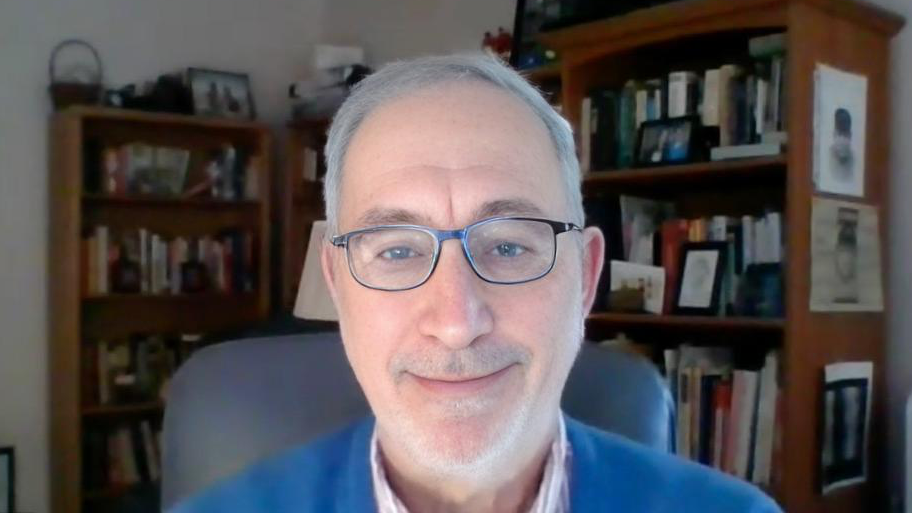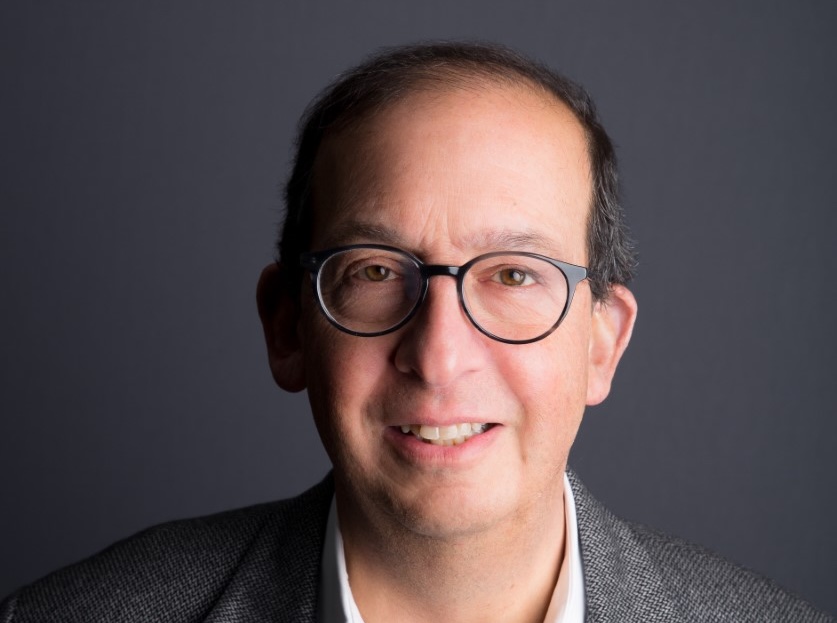The successful conservative legal strategist and activist talks with Michael E. Hartmann about his groups’ current and contemplated activities in the wake of the recent precedent-setting Supreme Court decisions against race-based admissions in higher education, as well as the future of public-interest law in general.
Edward Blum has founded several nonprofit public-interest legal organizations that have helped secure several major legal victories against policies and practices that accord preferences to people based on race. The groups include the Project on Fair Representation, Students for Fair Admissions, and the new American Alliance for Equal Rights.
Their most-prominent wins are the U.S. Supreme Court decisions in Students for Fair Admissions v. Harvard and Students for Fair Admissions v. University of North Carolina earlier this year. In the cases, the Court held that Harvard’s and the University of North Carolina’s race-conscious admissions processes violated the Equal Protection Clause of the Constitution’s 14th Amendment.
The victories were decades in the making, and Blum’s, the groups’, and the plaintiffs’ pursuit of them required much patience and a very high tolerance of criticism and scrutiny. Some of the patience was required in approaching and dealing with philanthropies. And some of the tolerance of criticism was required when it was levied against the groups for the level and nature of their funding.
The winsome Blum was kind enough to join me for a conversation earlier this month. In the first part of our discussion, which is here, he talks about the challenges of raising money for public-interest law and the mismatch between the perception and the reality of some of that funding.
The edited, almost nine-and-a-half-minute video below is the second part, during which he discusses his groups’ current and contemplated activities in the wake of the Supreme Court victories, as well as the future of public-interest law in general.
Blum mentions wanting to hire an executive director for the American Alliance for Equal Rights and cites some of its new cases against race-based programs at venture-capital and law firms. “The courts will still have a final say,” he says, in how this all “is adjudicated, but at least it looks like one firm is willing to admit what they have done is wrong and change it.”
As for yet other contexts, “I’m not out here trying to drum up business for the American legal profession,” according to Blum, “but the landscape has changed. Private foundations should have a good long meeting” and “ask for a memorandum in light of the Students for Fair Admissions cases. Is there something that we need to be aware of [in] how we hire, how we make grants?”
And as for the future of public-interest law, “I’m gratified by this,” he concludes.
It’s the law of unintended consequences. Now that the Supreme Court has kind of opened the doctrinal running field, if you will, our friends in the public-interest legal sphere seem to be energized. … It seems to be percolating through the center-right, libertarian, public-interest legal space. Our friends on the left are now going to be playing defense, which is a new position for them to be in really for the last, probably for the last 50 years. They have played offense and played it quite well. Now I think the landscape has changed for both sides.



